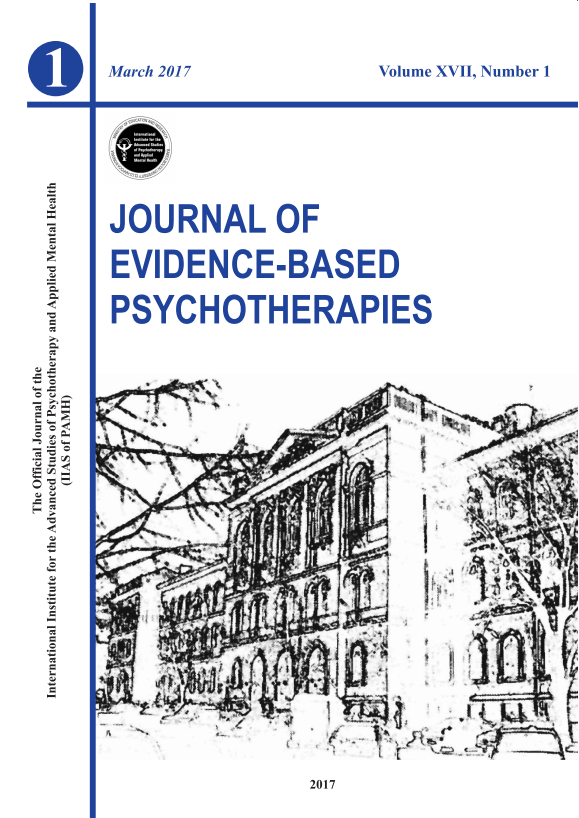Edith WAGNER* & Stefan SZAMOSKÖZI
Babes-Bolyai University, Cluj-Napoca, Romania
Abstract
A meta-analysis was conducted to determine the effectiveness of direct academic motivation enhancement interventions (interventions with students as the primary beneficiaries). Seventeen studies were included, the total sample size being 3720 (91.85% of the participants in the studies were university/college students). The overall weighted effect size (Cohen’s d) for all studies was 0.33 (95% confidence interval = [0.26, 0.40]), a significant, but small to moderate effect. Interventions were coded as achievement motivation training program or attributional retraining. Analyses based on these subgroups suggested that intervention type played a moderating role, with achievement motivation training programs producing larger effects. The examination of outcome variables as moderators did not reveal significant variations in effect size, although the effects were largest for motivation measures.
Keywords: academic motivation, meta-analysis, intervention program
